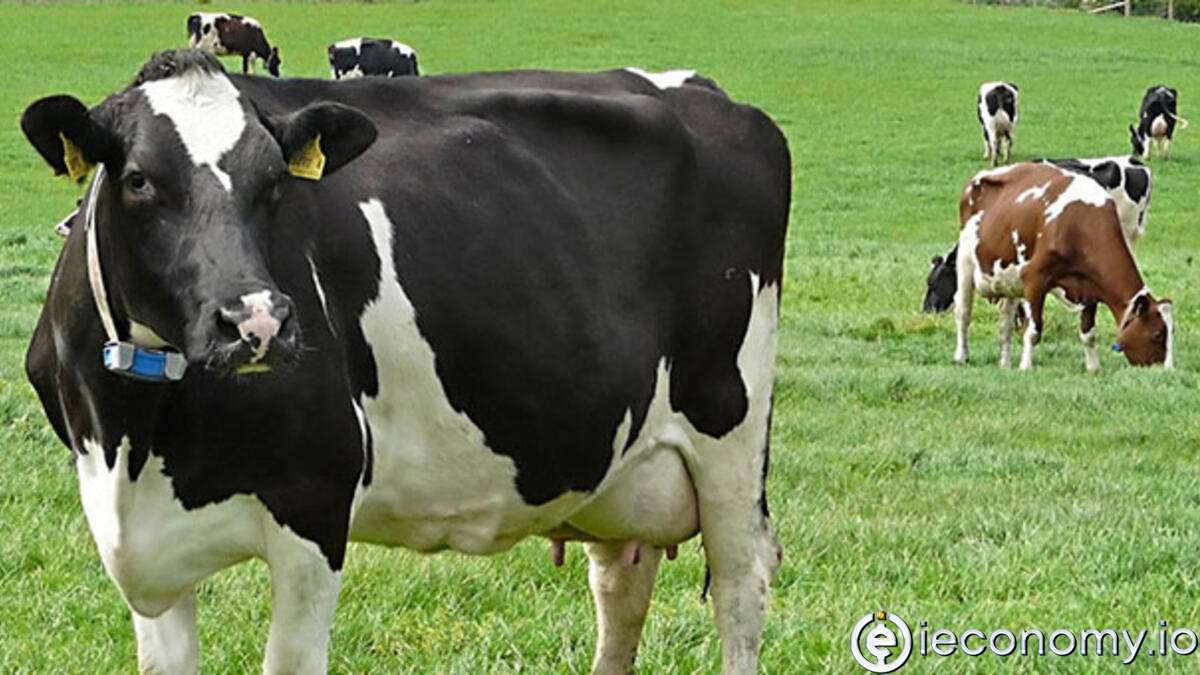The Great Crisis in Meat and Dairy Products is at the Door
Nazif Karabulut, Chairman of the Konya Red Meat Producers Association, stated that they foresee a crisis in both meat and dairy products...

Yayınlanma: 18 Mart 2022 00:09
Güncellenme: 23 Şubat 2026 22:58
The Great Crisis in Meat and Dairy Products is at the Door
Nazif Karabulut, Chairman of the Konya Red Meat Producers Association, stated that they foresee a crisis in both meat and dairy products in the coming months and said, "If the expected number of tourists comes, there will be a meat crisis in June and July. I have been in the industry for 40 years and I have never seen such a difficulty."
Meat and dairy producers are having a hard time due to rising costs. Animal producers, whose inputs increase, especially feed, have to send their animals to slaughter when they lose money. It was recorded that the amount of cow's milk collected in TÜİK decreased by 5.7 percent on an annual basis in January and decreased to 836 thousand 959 tons, while the production of drinking milk made by commercial dairy enterprises decreased by 8.4 percent compared to the same month of the previous year and amounted to 132 thousand 726 tons.
Nazif Karabulut, who stated that the feed sack was raised almost every day, stated that the producer had a difficult time due to the increasing input costs.
Karabulut said, "The meat producer is in a really difficult situation. The biggest problem for the producer is the price of feed. Every day, the price of the sack of oath is increased by 10–15 lira. The manufacturer suffers in this case. The sack of oath we bought last year for 110 lira is now worth 250 lira. While meat prices increased by 30 percent, feed prices increased exorbitantly. Animal slaughter prices are currently around 67 liras, but a kilo of meat costs us 80 liras. The manufacturer suffers. The electricity that I paid for 2 thousand 500 liras in my own business came in at over 5 thousand liras. Meat prices should be raised at the same rate as diesel and electricity prices.Financial support is insufficient.
Carcass prices must be at least 75 liras. Our sector is very fragile. If a farmer leaves production, he will not return. Businesses are currently operating at 50% of their capacity. Cows are getting slaughtered. We shot ourselves in the foot today, and we'll suffer for it tomorrow. If the anticipated tourists come to the country during the tourism period, a meat crisis will occur in the country in June-July. The condition is very bad. An action plan should be prepared urgently in this direction and urgent measures should be taken. I have been doing this job for 40 years and I have never seen such a difficulty."
Karabulut continued, calling on the National Dairy Council to increase raw milk prices:
"Last November, the raw milk price was 4.7 liras, according to the National Dairy Council. When we sell a kilo of milk, we need to buy 1,300 grams of feed. Now 1,300 grams of feed has become 6.5 liras. The manufacturer is making losses there, too. The Dairy Council will meet again. Raw milk should be 6.5-7 liras. But they don't increase the price because they are afraid of rising inflation. A year later, if there is a milk shortage again, they will import animals again. But now animal prices are also expensive due to the increase in foreign exchange. They may not be able to import the animal."




